Reviewed by Julianne Ngirngir
The streaming wars have reached a fascinating inflection point, and Disney's legal battles over bundling practices offer us a front-row seat to the future of entertainment distribution. This isn't your typical corporate disagreement—we're watching a high-stakes fight that could reshape how we access and pay for content for years to come.
Here's what you need to know: Disney may have imposed anticompetitive terms on rivals, including AT&T's DirectTV and Dish's Sling TV, according to recent court filings. The timing couldn't be more critical, as a recent ruling against Venu Sports has put the cable bundle's business model under scrutiny. What makes this particularly concerning is how Disney forced rivals to carry ESPN as part of the cheapest bundle they offer and instituted most favored nation clauses—tactics that directly impact what you pay for streaming services.
PRO TIP: If you're currently paying for multiple streaming services that include sports content, keep an eye on this legal battle. The outcome could significantly change your monthly bills and available package options.
What's really behind Disney's aggressive bundling strategy?
Let's break down Disney's sophisticated market control strategy, because understanding it helps explain why your streaming bills keep climbing. The company has weaponized its ownership of premium content—specifically ESPN and Hulu—to dictate terms across the entire industry. Disney's control of ESPN and Hulu allowed it to negotiate anticompetitive carriage agreements, creating what amounts to a stranglehold over competitors.
Disney initially tried arguing that their bundling practices only hurt streaming providers, not consumers directly. But Judge Davila disagreed, stating Disney leverages deals and control of Hulu to suppress competition. The judge recognized a fundamental truth: when you eliminate competition, consumers inevitably pay the price through higher costs and fewer choices.
The financial impact on your wallet has been immediate and substantial. Consider this real-world example: Disney's deal with AT&T caused DirecTV to raise its base package price by $15. That's Disney effectively using market dominance to force industry-wide price hikes. When you control must-have content like ESPN, you can essentially hold the entire ecosystem hostage.
This bundling strategy creates a cascade effect throughout the streaming landscape. Providers can't offer the affordable, customized packages consumers want because content owners prevent unbundling. It's a catch-22 that keeps your monthly streaming costs high while limiting your ability to pay for only what you actually watch.
How the Venu Sports controversy changed everything
The failed Venu Sports venture provides crucial context for why courts are now scrutinizing Disney's practices so intensely. This wasn't just another streaming service—it represented a potential stranglehold on sports content. Venu initially planned to charge consumers $42.99/month for all of the live sports programming of Disney, Fox, and WBD, comprising 14 linear sports networks.
Here's where it gets alarming from a competition standpoint: the Court found Disney, Fox, and WBD collectively own the broadcast rights to approximately 54% of all U.S. live sports and nearly 98% of all playoff games. Think about that—98% of playoff games. That's not market leadership; that's practically a monopoly on the most valuable sports content in America.
Judge Garnett's scathing ruling revealed how seriously courts are taking these anticompetitive concerns. She found that the structure of Venu would have provided 'Defendants an unobstructed runway to establish market dominance . . . and drive out competitors [like Fubo]'. An "unobstructed runway"—judicial language for complete market monopolization.
The Venu ruling has created ripple effects throughout Disney's other legal battles, making courts much more skeptical of bundling practices that were previously considered normal business negotiations. This precedent shift explains why Disney's current disputes with streaming competitors face heightened regulatory scrutiny.
Why traditional cable is fighting for survival
The broader industry context reveals a pay-TV ecosystem in freefall, making Disney's aggressive tactics more understandable but not more defensible. The projections are sobering: pay TV's penetration could shrink from about 50% of US households to 30% in five years to 10% in a decade. We're talking about an industry that could lose 80% of its market penetration within a decade.
The subscriber hemorrhaging is already brutal. Sling TV lost 109,000 subscribers in the second quarter, bringing its base down to 1.78 million. That's a 6% quarterly loss for a service originally positioned as the cable industry's answer to cord-cutting. The irony is painful—the "solution" to cord-cutting is losing customers almost as fast as traditional cable.
DirecTV believes these strict bundling requirements are to blame for putting pay TV on life support, and the numbers support this claim. As one DirecTV executive explained: "We've hit a ceiling of price that customers are willing to pay, and the only way to try to adjust what people can pay, then, is to offer skinnier bundles".
But Disney's bundling requirements make those skinnier, more affordable bundles impossible. Content owners force providers to carry expensive channels even in their cheapest packages, creating a pricing floor that drives away cost-conscious consumers while generating maximum revenue for content creators.
What this means for streaming's future
This legal battle represents far more than corporate posturing—it's fundamentally about who controls the future of entertainment and what we'll pay for it. The stakes are enormous, with Disney's new ESPN streaming service representing a nearly $3 billion revenue opportunity according to industry analysts.
Disney's ESPN streaming strategy reveals their delicate balancing act. The standalone ESPN price of $29.99 per month won't present a massive threat to the traditional pay-TV bundle, suggesting Disney is carefully avoiding cannibalizing existing revenue streams while testing direct-to-consumer waters.
But here's the real strategy: Disney stands to forge an even stronger direct relationship with viewers through the ESPN app, creating what analysts call a data-rich "Trojan horse." This isn't just about subscription fees—it's about detailed viewing data, personalized advertising opportunities, and potential integration with sports betting and fantasy sports. That data relationship could be worth far more than monthly subscription revenue.
Bottom line: The outcome of Disney's legal battles will determine whether we get more consumer-friendly, unbundled content options or end up with a streaming landscape that's just as restrictive and expensive as traditional cable—just delivered over the internet instead.
If courts continue taking a hard line against anticompetitive bundling practices, we could see a fundamental shift toward more affordable, customizable streaming packages. But if Disney successfully defends current practices, expect streaming costs to continue climbing while choice remains limited.
Either way, consumers are caught in the middle of this high-stakes game between content creators, distributors, and regulators. The Disney bundling controversy isn't just about corporate profits—it's about the future structure of entertainment distribution and what you'll ultimately pay to watch your favorite shows and sports.




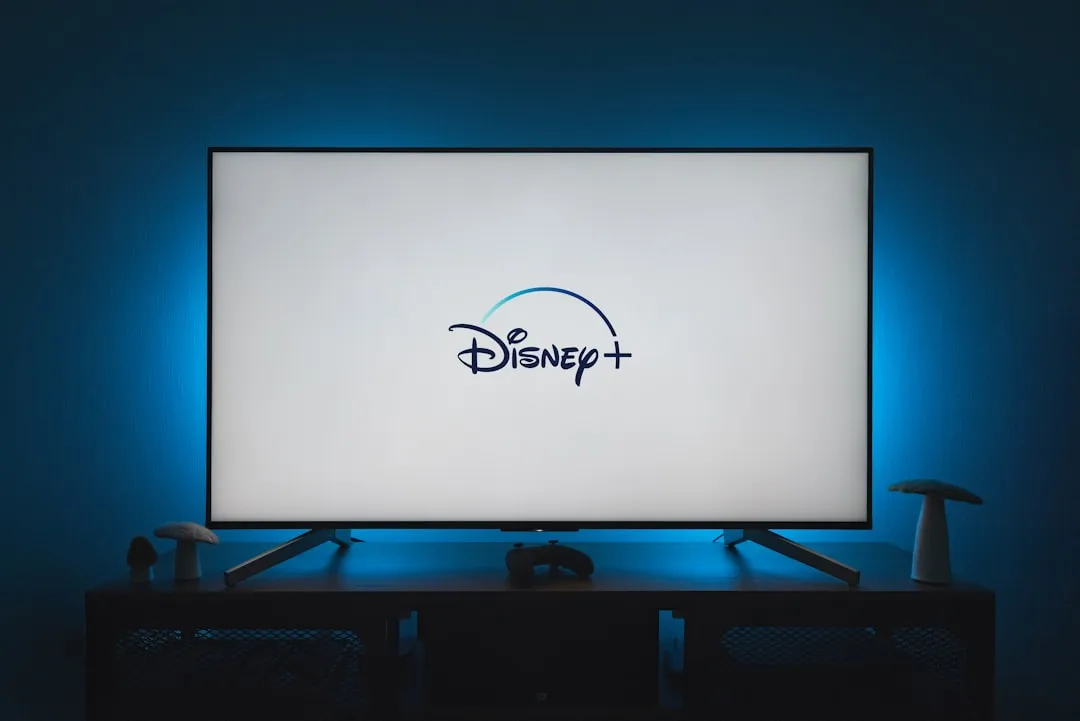
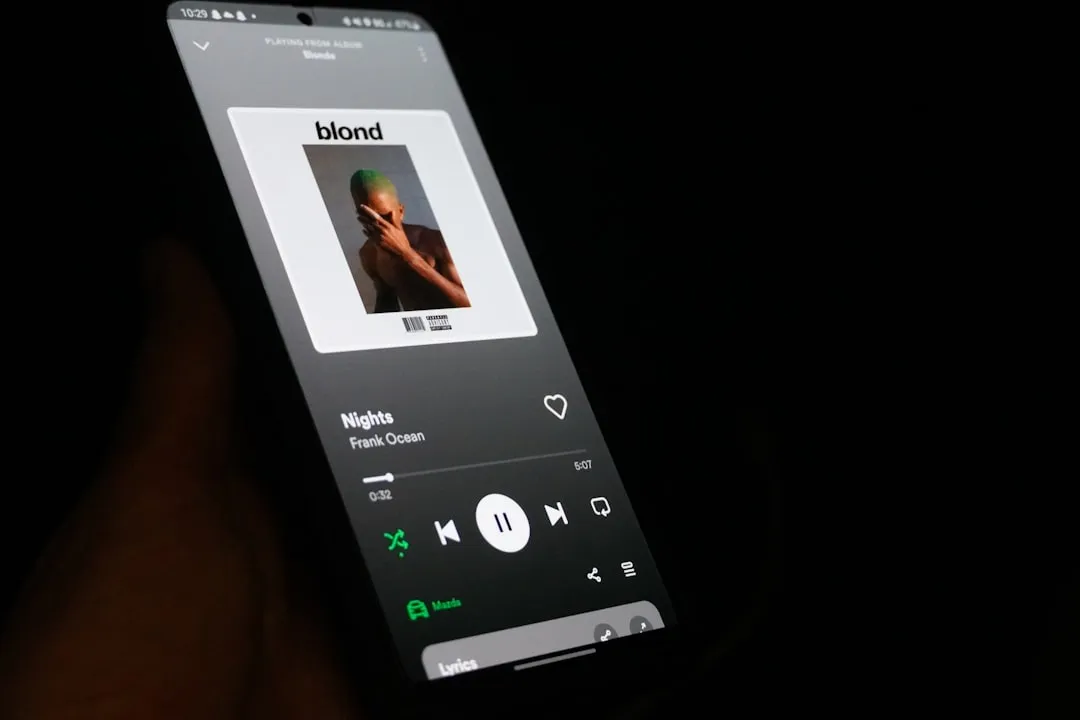
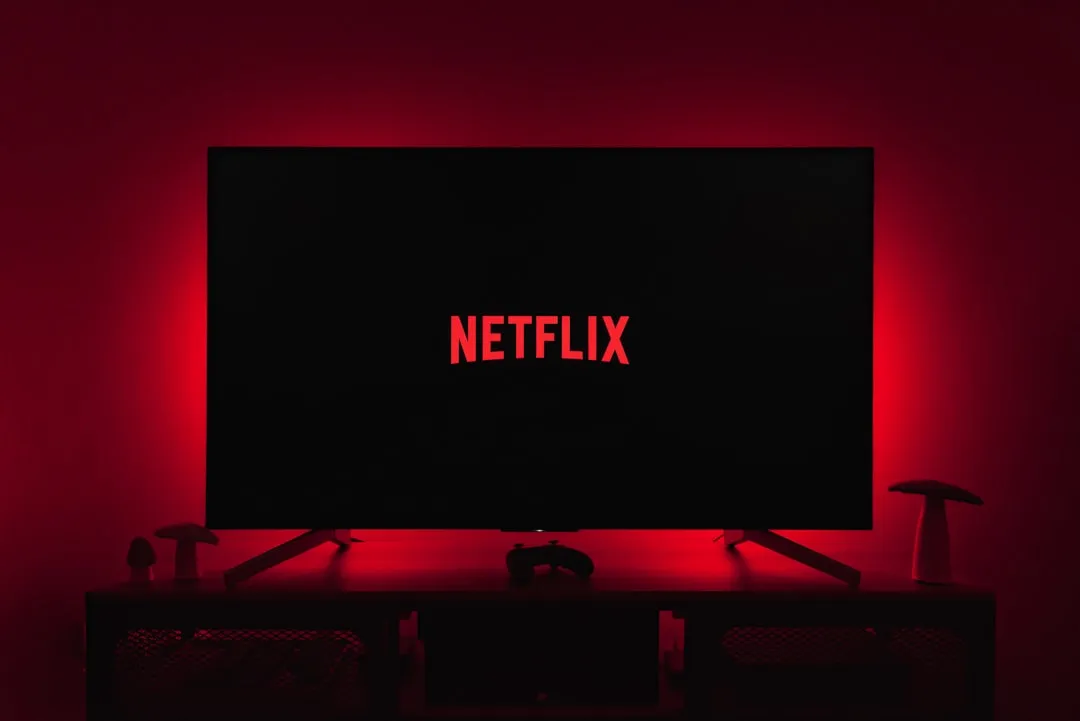
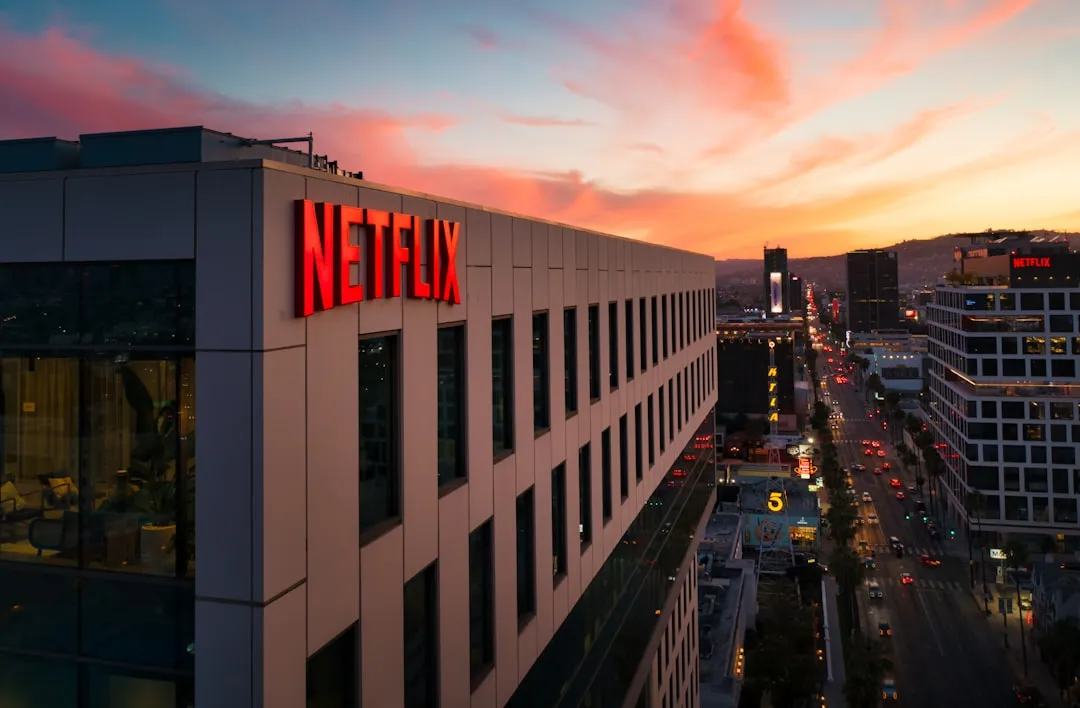

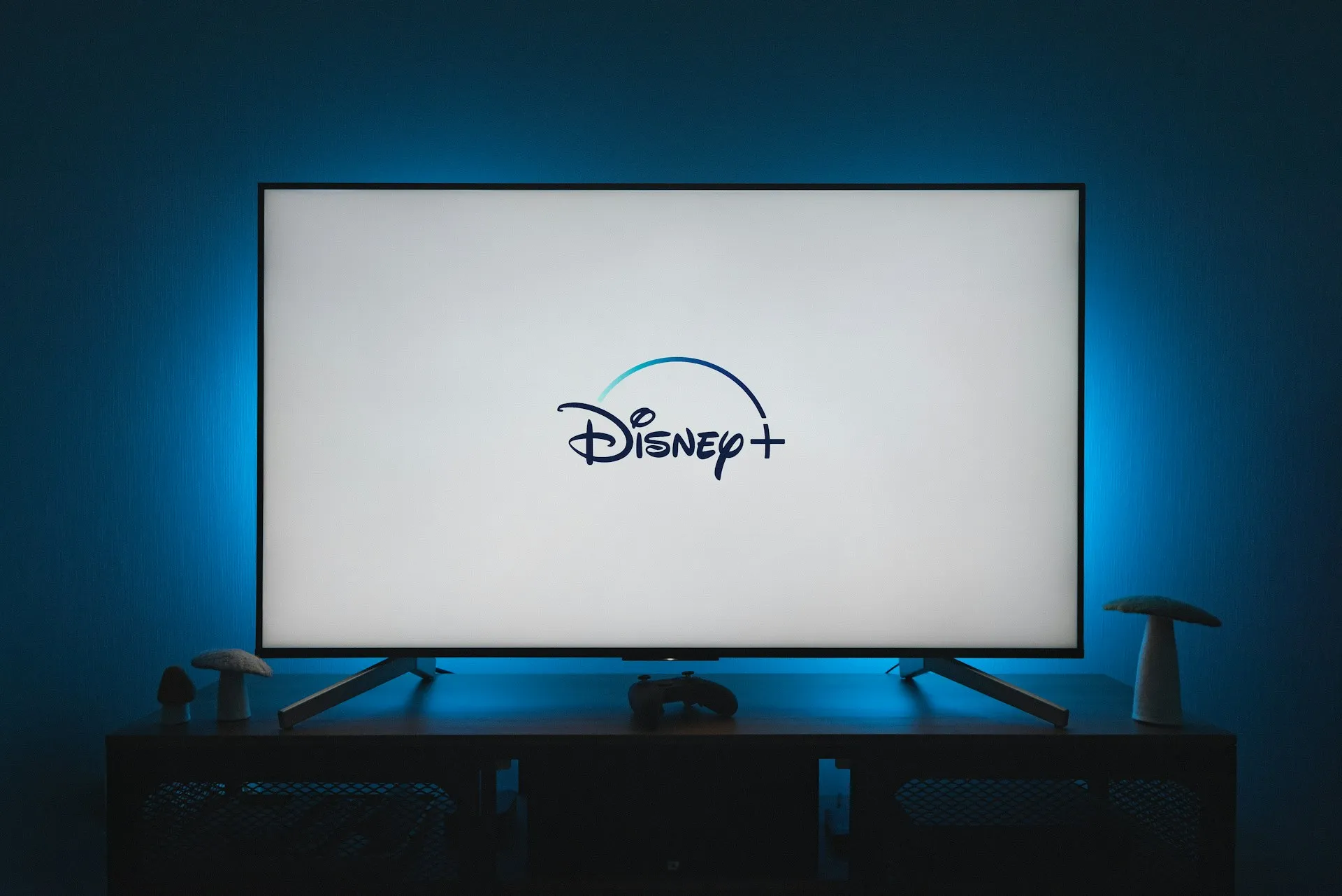


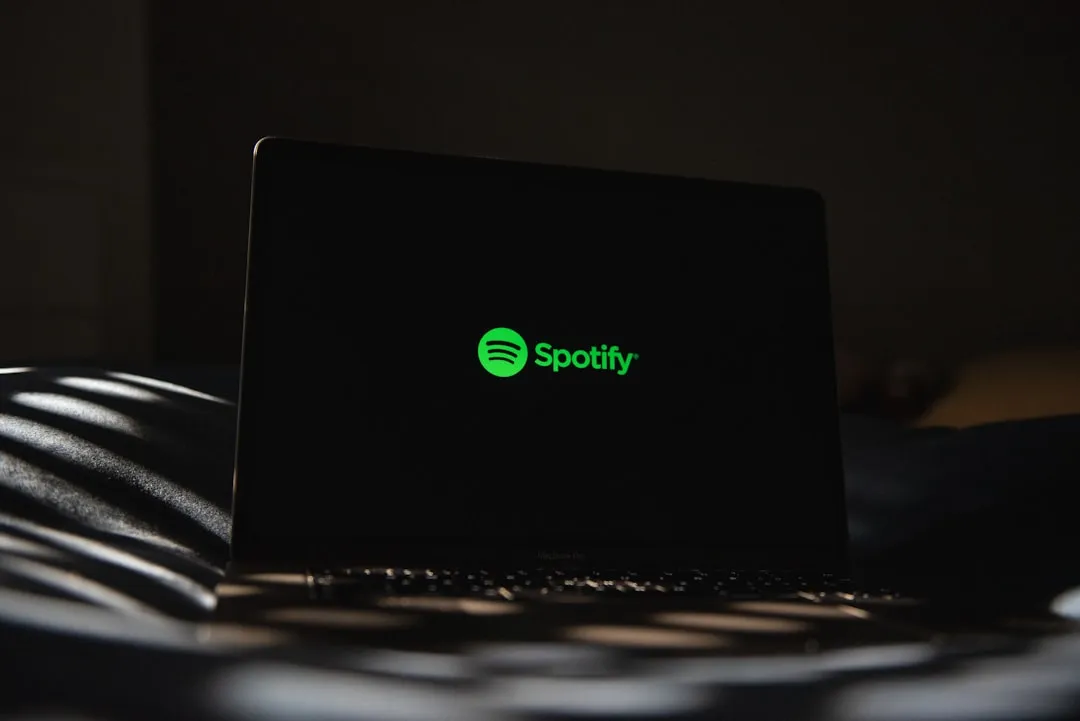



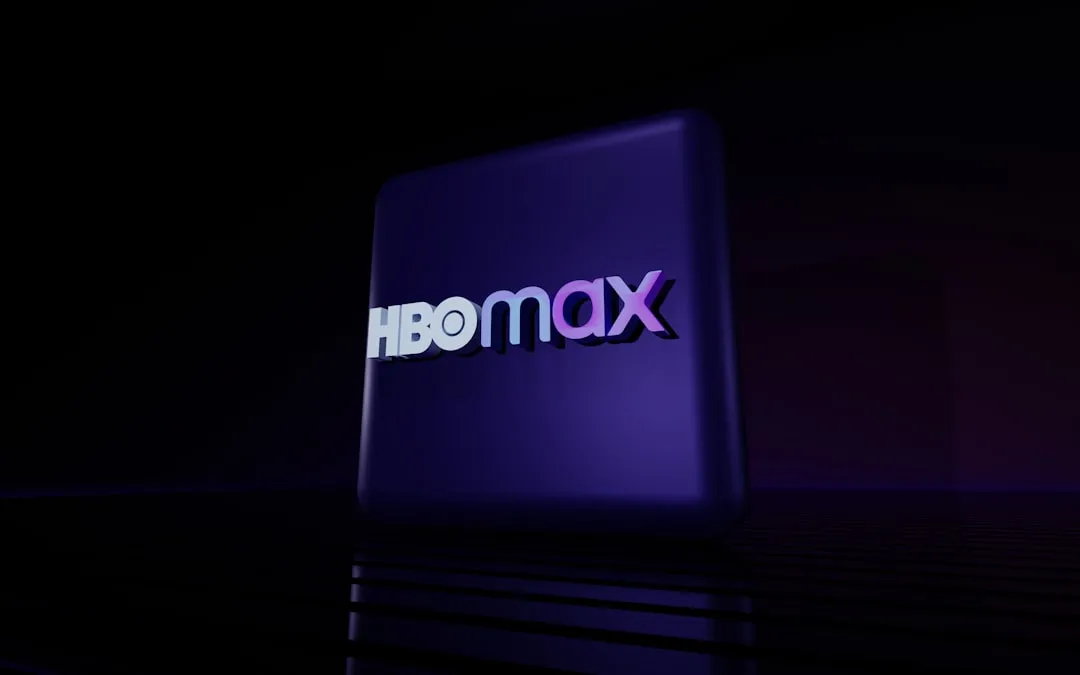

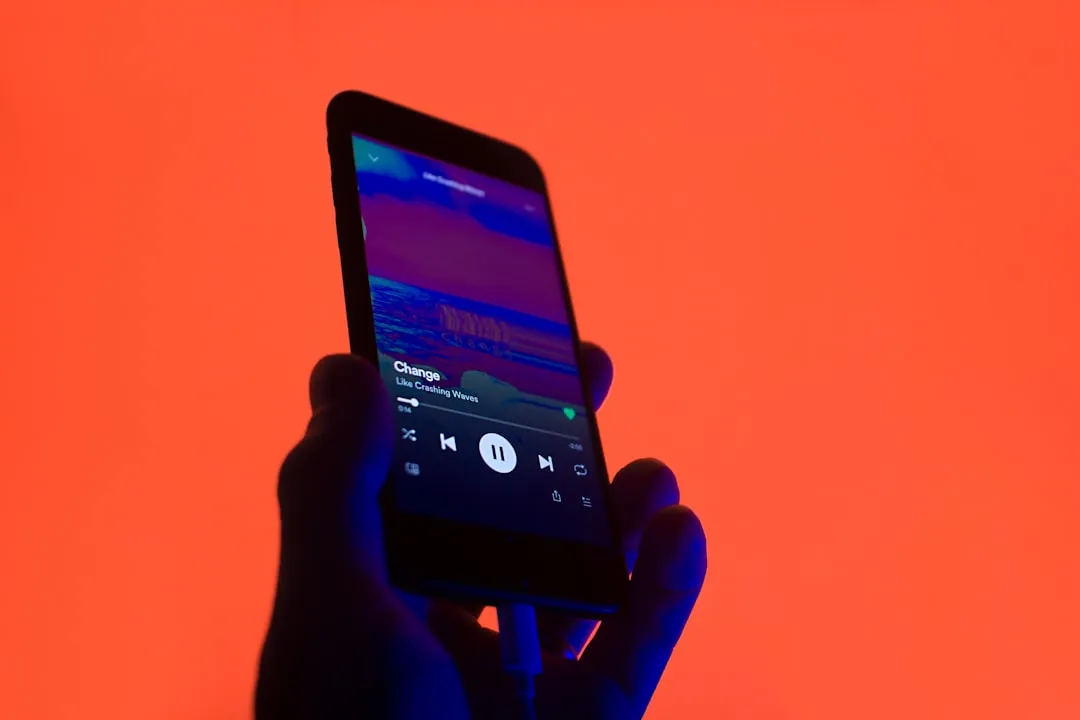

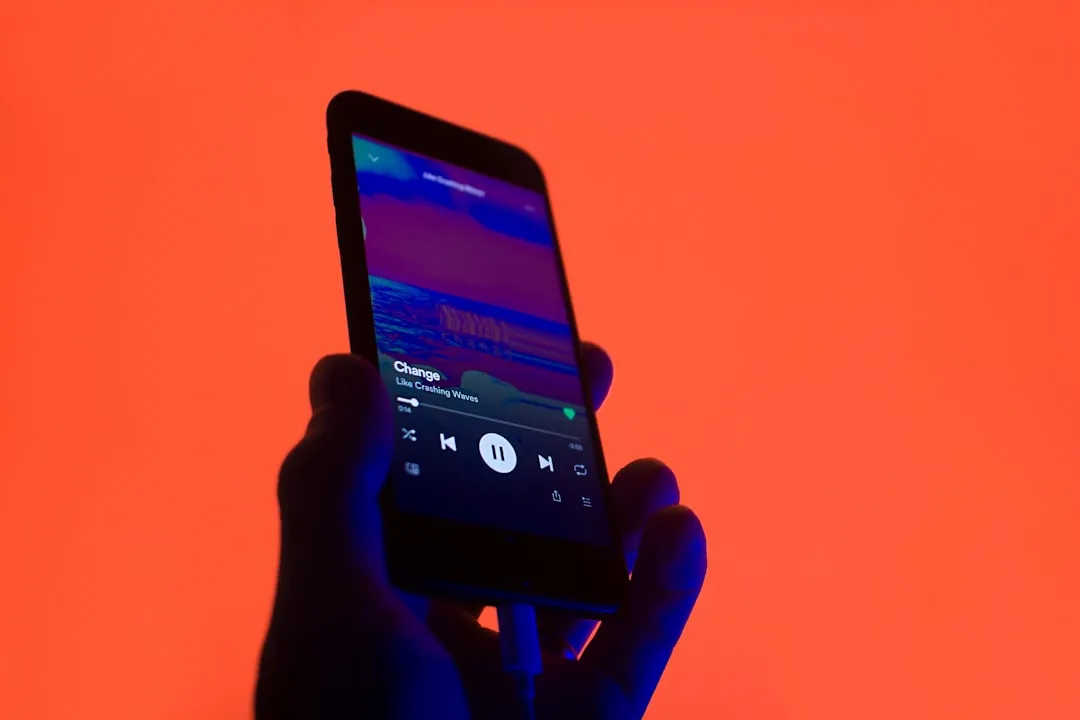
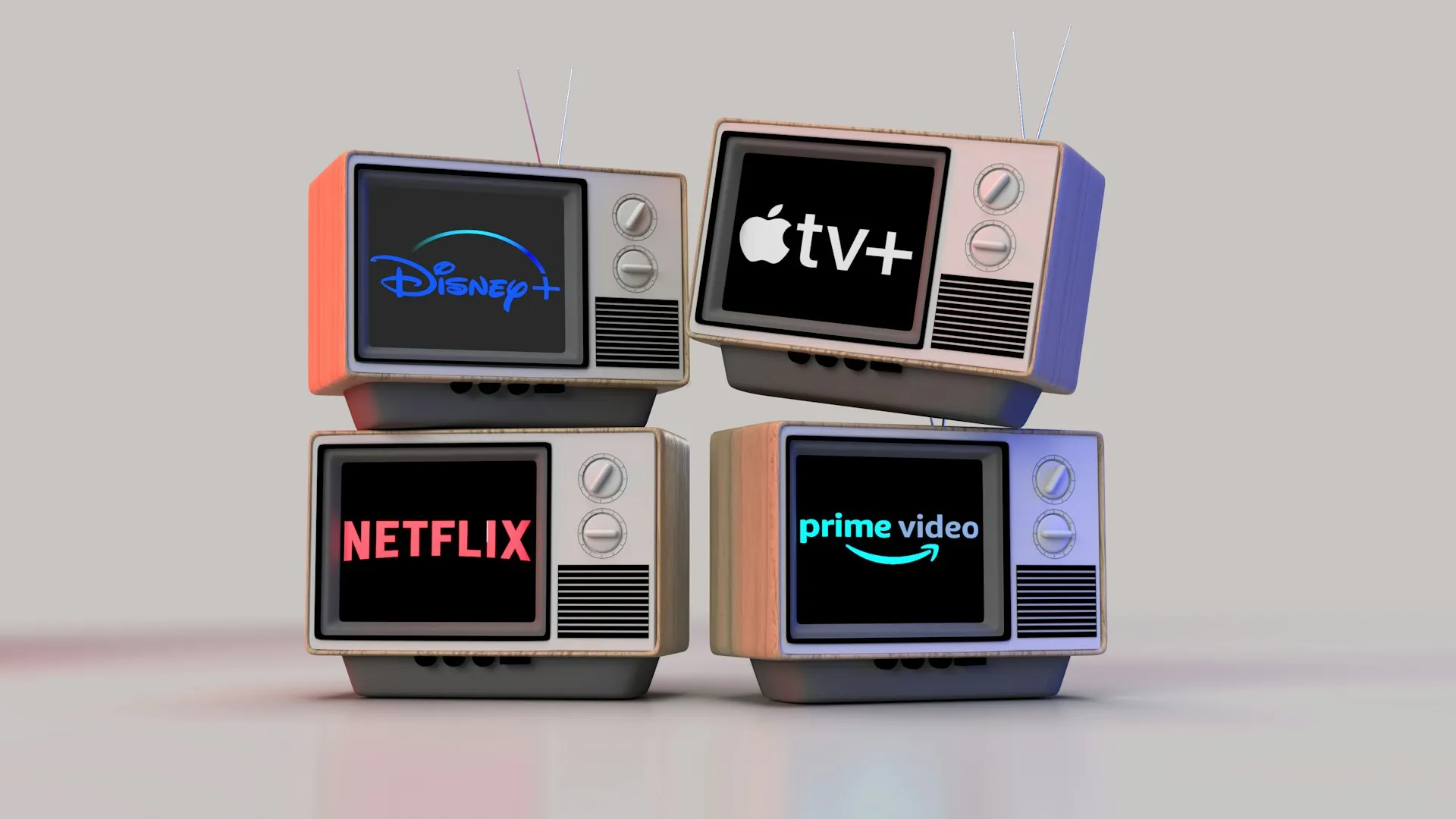
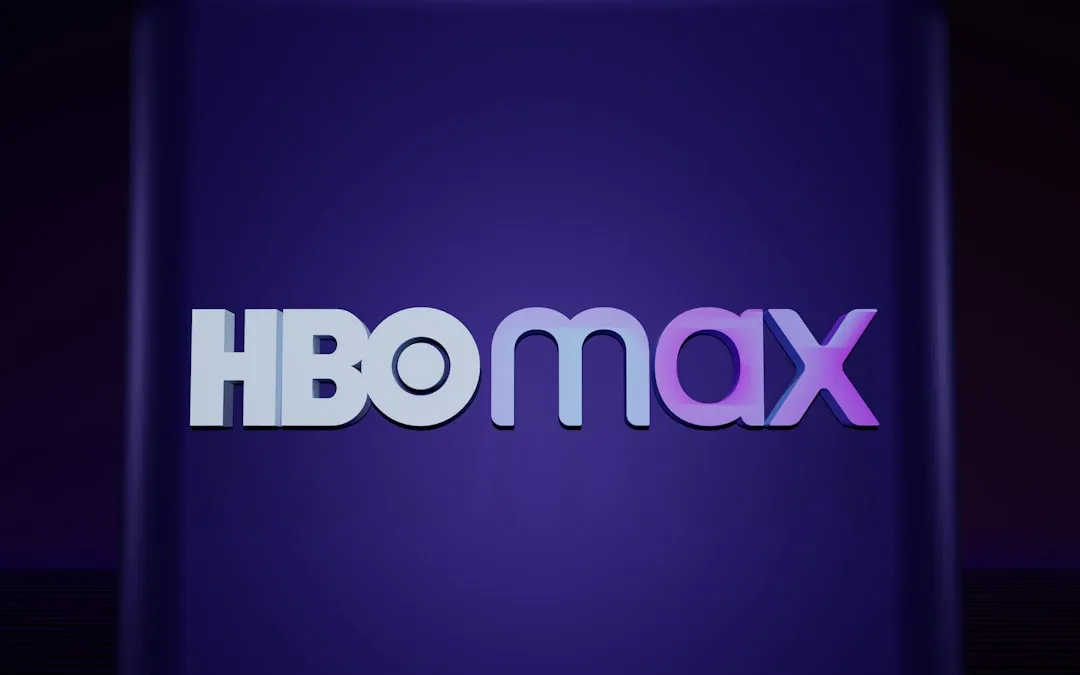
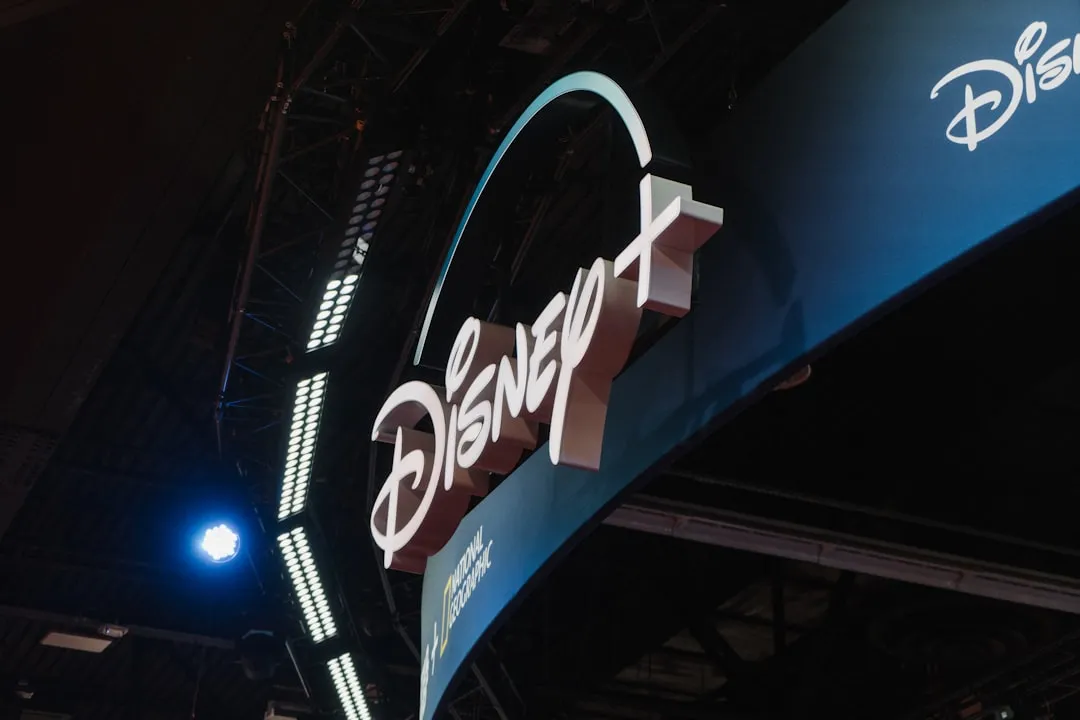

Comments
Be the first, drop a comment!